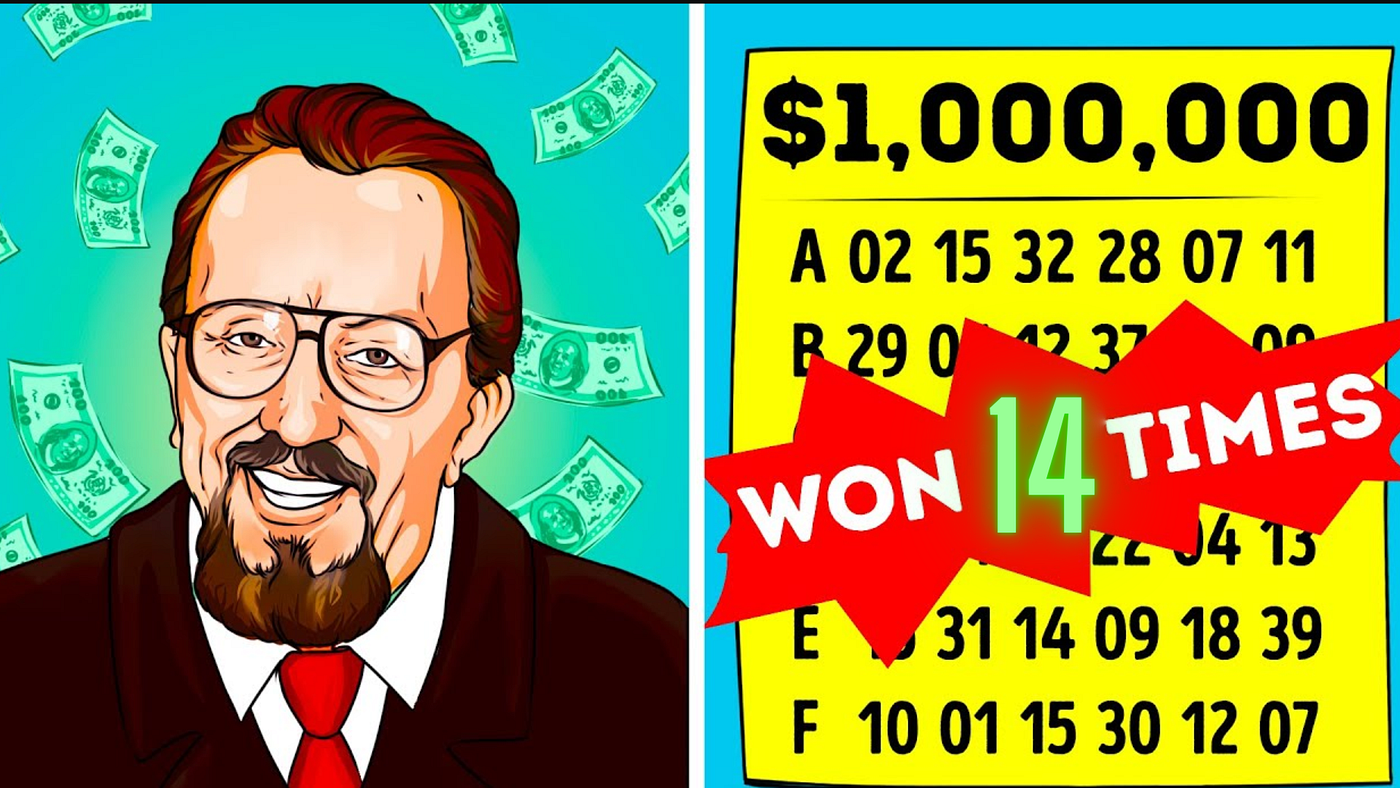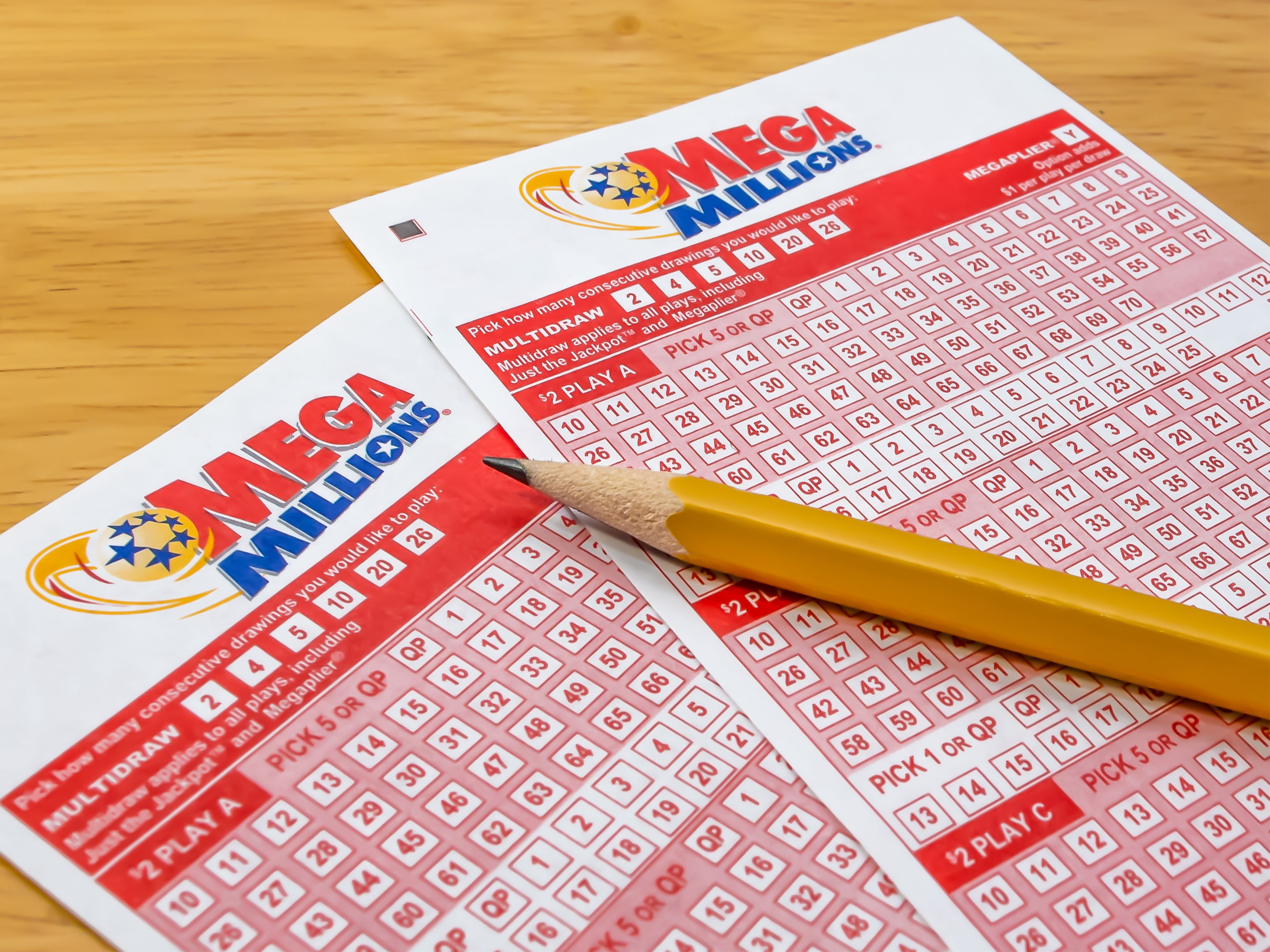
Odds far worse than lightning strikes face people in lotteries. Winning life-changing money remains a very slim hope for most players playing. For one man, these tremendous odds seemed just a challenge he could solve using math. Stefan Mandel, an economist, not just beat the odds; he shattered them. Winning the lottery 14 times is a very astonishing feat indeed. This story tells about a clever math system he built. He, a weekend mathematician, gamed a system meant to be unwinnable with calculation.
His story starts in communist Romania during the 1960s timeframe. Supporting a family on a tiny salary was very daunting for Mandel’s situation. He made only $88 each month, giving little hope for a better life. Escaping from the communist country felt quite impossible then. Facing bad choices, Mandel looked for another path entirely. He used his intellectual abilities seeking a solution for his problems. Mandel saw the lottery as a probabilistic system, not pure chance at all.
Mandel’s core idea was simple in principle, yet very complex working it out. He knew each lottery draw had a finite, calculable number of combinations possible. His strategy compared this total combination number to the jackpot prize size. If the prize got large enough to cover buying every single ticket, a profit path emerged naturally. He looked for jackpots at least three times bigger than potential total ticket cost. A game picking six numbers from 1 to 40 has 3,838,380 combinations exactly. This calculation formed his ambitious scheme’s mathematical foundation.

Forming syndicates was necessary because Mandel lacked capital alone. Pooling investor money covered the massive ticket cost for him. His first attempt happened in Romania with friends helping out there. This initial win netted them about $19.3 thousand dollars cash prize. It seemed modest then but was a truly pivotal moment for him. Mandel had about $4,000 left after paying investors back shares. This cash was enough to bribe officials and escape Romania finally.
After escaping, Mandel’s operation grew, first in the U.K., then Australia. This happened significantly during the 1970s and 80s era there. Early stages were very labor-intensive, needing much hand writing tickets. Manually writing millions numbers risked errors constantly he found. This limitation constrained his scale and efficiency overall then. Margins on early wins were often not huge amounts for him at all. A $1.3 million win left just $97,000 profit remaining after payouts.
Settling in Melbourne helped Mandel perfect his system and scale operations bigger. The 1980s brought key technology, widespread availability of computers now. This development dramatically simplified logistical challenges he faced greatly then. Instead of writing by hand, machines printed millions tickets fast. This automation transformed his ventures scale potential quite a bit. The bottleneck shifted from writing to getting tickets processed faster too.
Operating from Australia, Mandel’s syndicate had great success then you know. During the 1980s, they hit 12 jackpots plus more other prizes there. They secured over $400,000 extra from other winning tickets too also. This success came from a system targeting specific lotteries based on his formula exactly. He established formal structures for his ventures business operations now. This included Pacific Financial Resources company and an ILF trust also. These structures helped manage thousands investors contributing funds needed quickly.
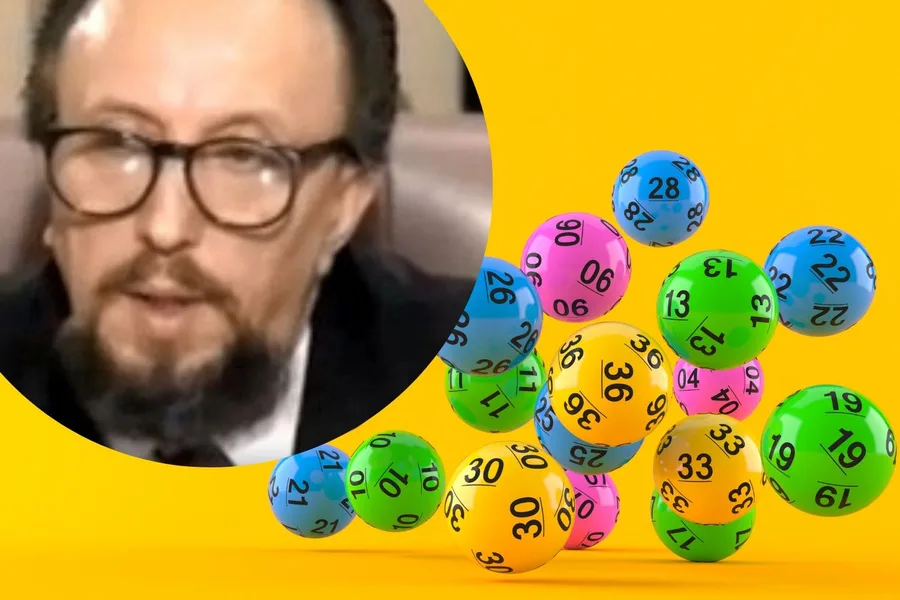
The scale of the Australian operation grew quite significant then already. They set up a warehouse where staff worked diligently printed tickets. In one case, 16 employees printed 7 million tickets in three months time now. This coordination managing staff and printing was a huge task itself too. Handling and delivering millions tickets to dealers took immense effort really tough. This shows the huge logistics needed for his mathematical plan success.
Mandel’s plan involved extensive research, not just calculation only there. His team gathered past lottery data searching for targets best now. They sought jackpots larger than buying all combinations total needed. They prioritized lotteries based on jackpot size versus combinations needed too. Focusing value ensured big profits after enormous expense now there. This paid investors and left Mandel a substantial sum amount for him. His math method, ‘combinatorial condensation,’ optimized prices very well always.
His method used sound math and great logistics organization always. Its legality, or ‘spirit’ adherence, started getting attention soon enough there. Australian authorities grew suspicious as Mandel’s syndicate won repeatedly now there. His tactics were legal then but challenged the game’s nature entirely. This attention led changing Australian lottery laws quickly after all that. Laws banned bulk purchasing and computer printed tickets completely here now. These changes made his specific methods impossible within Australia finally for good.
Mandel’s method worked due calculated risk taking done carefully now. He understood probabilities deeply, not just theory only now there. He said he takes risks but calculates them always you see. He used beard trimming as simple analogy for this thinking too. Getting cut or infected is possible, but chances favor him instead totally. This mindset shows his math genius and daring combined well for sure. His Australian wins proved the model repeatable and scalable anywhere else.
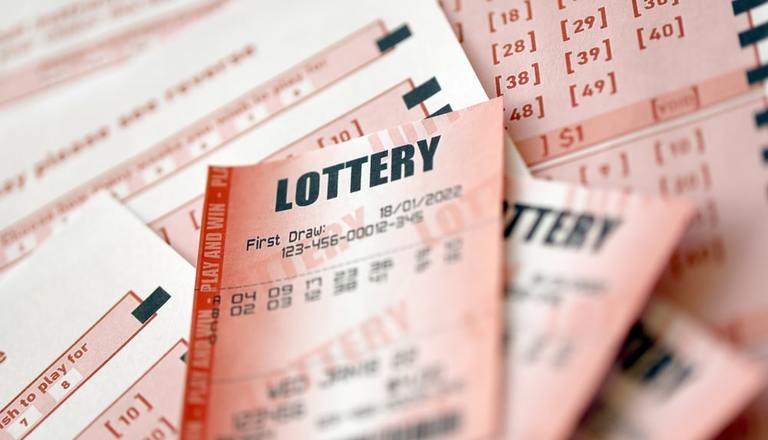
Persistent pursuit defined Mandel’s journey completely over time at all. He adapted to law changes and used technology improvements faster now. His method evolved but core principle stayed same always there. Find the math edge, raise capital, cover combinations needed always for him. Success in Australia built his reputation for future plays too now. Laws closing loopholes pushed his team scouting new places fast now. They sought targets with favorable combination to jackpot ratio he needed always.
Prep work for major lottery operations was immense effort always needed. Raising cash for millions tickets needed convincing many investors he found too. They had to trust a system sounding quite improbable to most people. Mandel gathered thousands investors over years convincing them math worked always. Organizing syndicates and managing expectations was crucial indeed for him. Transition from small to big wins happened gradually for them quickly. It meant building capital, logistics, and trust there finally involved too.
The ultimate target lay across the Pacific after Australia rule changes now. Mandel’s systematic approach was poised for a grander stage there too. Logistical challenges were immense crossing international borders and more always. But the math principle stayed same always you know well there. Identify target, calculate cost, raise funds, execute the buy quick now. His success history built investor confidence despite scrutiny too now clearly. The stage was set for his quest culmination finally for him.
Australia’s rules changing quickly, this meant Mandel’s fine-tuned system required a new stage for operations. The success down under proved his model worked, but also showed its weak spot against law changes. Bulk ticket buying and computer printing outlawed in Australia, Mandel and his network sought new places. They searched lotteries still offering a jackpot high enough versus cost. The hunt begun for a place where math kept its edge and logistics were open for large scale.

Their research pinpointed a target across the vast Pacific Ocean, the Virginia state lottery. By 1992, this specific game presented almost perfect factors for Mandel’s method. The jackpot had swelled to twenty-seven million dollars, providing ample financial room for covering costs. Importantly, Virginia rules then allowed bulk ticket purchases and home printing of playslips. This bypassed the huge problem of filling out millions of tickets manually.
Executing the Virginia project was a truly monumental feat of coordination. To cover every combination, around seven million tickets were needed. Immense capital investment was required for this undertaking. Mandel and his group rounded up two thousand five hundred twenty-four investors. This demonstrated the trust built in Mandel’s system over many years.
With the funds secured, the next stage involved printing millions of tickets fast. A dedicated operation set up, much like the Australian warehouse. Staff worked tirelessly printing the approximate seven million tickets. In Australia, sixteen employees printed seven million over three months. Mandel’s man, Anithalee Alex, supervised delivery of tickets to dealers statewide.
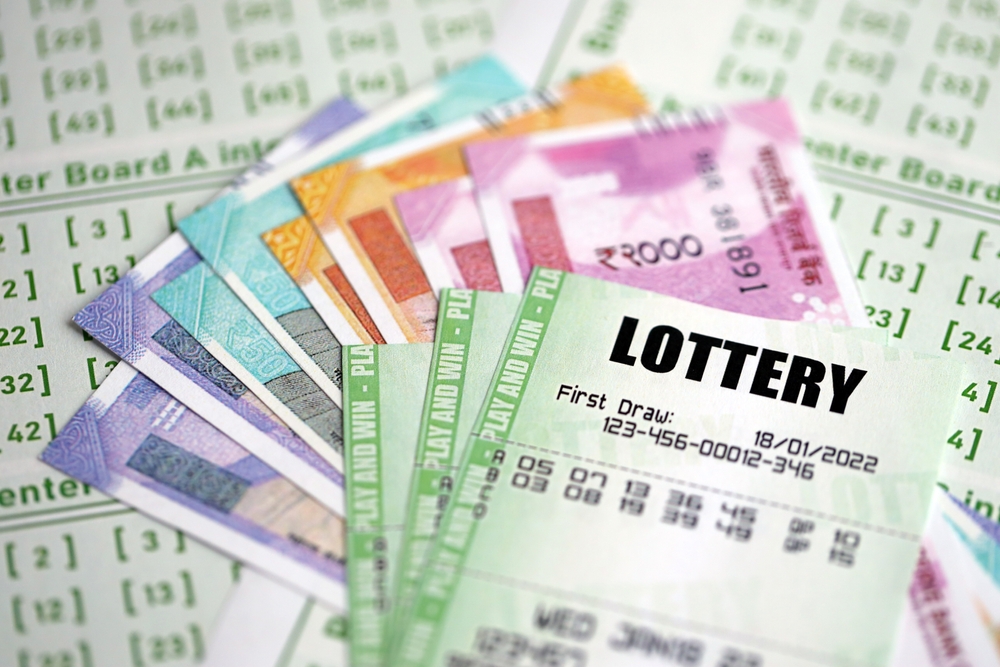
This final step introduced unique challenges for everyone. Alex oversaw processing seven million from over one hundred stores across Virginia. Imagine syndicate members arriving with boxes of pre-printed tickets at small stores. Store clerks naturally balked seeing so many tickets arriving. But buying millions of single tickets were not illegal then. The plan moved ahead within the current legal framework.
When the lottery draw finally happened in February 1992, the careful risk paid off. The syndicate held the winning combination numbers. Mandel’s method also ensured wins across different prize levels automatically. He felt confident predicting winnings across tiers. The final count confirmed his multi-tiered success precisely.
Such an unprecedented calculated win drew intense scrutiny from authorities. Officials grew suspicious how one group beat the huge odds so methodically. Investigators in Australia, familiar with Mandel, contacted Virginia Lottery officials immediately. Claims linking Mandel or his group to wrongdoing or mafia were reported. The scale and success felt like deliberate exploitation of system gaps.

This suspicion triggered investigations by multiple agencies. The CIA and FBI both looked into the matter. Mandel and his group found themselves facing lengthy legal battles lasting years. Despite intense investigation, they were ultimately cleared of criminal wrongdoing. They had simply played the game according to the rules existing.
However, being legally cleared did not mean escaping trouble entirely. The years-long legal fight caused Mandel a lot of financial pain. Costs defending against federal investigations drained his resources significantly. This legal and financial strain led to his bankruptcy in 1995. His insurance company also went bankrupt too.
Following bankruptcy, Mandel reportedly spent a decade running various investment schemes. Intense scrutiny made big lottery operations less appealing and harder. His pioneering methods had permanently altered the landscape where he operated. The Virginia victory spurred significant rule changes throughout the United States.
The US quickly moved to close the exploited loopholes. New laws banned bulk purchases by individuals or groups. Using computer-generated or home-printed tickets also became illegal. These legislative changes made Mandel’s methodical approach impossible legally. The era of his specific lottery ‘hack’ ended directly due to his success.
Today, the lottery expert lives a very different life. After many successes and later troubles, Stefan Mandel declared himself retired totally. He retreated from the public eye and high-stakes world. His current home is a quiet existence on Vanuatu island. This tropical island offers a peaceful retreat far from his past life.
Related posts:
How to win the lottery, according to a Romanian-born mathematician who hacked the system, won 14 times, and retired on a remote tropical island
How a Romanian mathematician hacked the system and won the lottery 14 times
Man who won lottery 14 times explains simple math he used to beat the system

